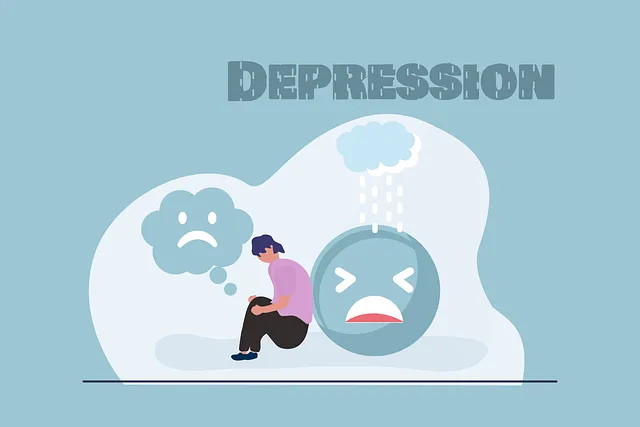The Northglenn Kaiser Permanente mental health center, under dedicated ownership, prioritizes comprehensive risk assessment beyond hazard identification. They cultivate cultural sensitivity and individualized care, integrating tailored risk management tools to create a supportive environment for mental health professionals. This approach enhances patient safety, open communication, and effective interventions, ensuring compassionate care for diverse mental health concerns. With regular staff training, proactive strategies, and continuous improvement, the center mitigates risks early, fostering resilience and preparedness among patients and practitioners.
At Northglenn Kaiser Permanente mental health center, owned and operated by a dedicated team of professionals, risk management planning is paramount. This article delves into the critical components of effective risk mitigation strategies tailored for this specialized setting. We explore how understanding unique risks inherent in mental health practice informs the development of comprehensive plans. Through practical implementation and continuous improvement strategies, healthcare providers can enhance patient safety and foster a resilient environment at Northglenn Kaiser Permanente Center.
- Understanding Risk in Mental Health Practice at Northglenn Kaiser Permanente Center
- Developing a Comprehensive Risk Management Plan for Mental Health Professionals
- Implementation and Continuous Improvement Strategies for Effective Risk Mitigation
Understanding Risk in Mental Health Practice at Northglenn Kaiser Permanente Center

At Northglenn Kaiser Permanente mental health center, owned and operated by a team of dedicated professionals, understanding risk is paramount to delivering effective care. Risk assessment isn’t just about identifying potential hazards; it’s about cultivating a nuanced awareness of the complex interplay between cultural sensitivity in mental healthcare practice and the unique challenges faced by each client. This involves delving into personal histories, socio-cultural contexts, and environmental factors that can either mitigate or amplify mental illness stigma reduction efforts.
By integrating comprehensive risk assessment tools and strategies tailored to individual needs, Northglenn Kaiser Permanente Center fosters a supportive environment where mental health professionals can proactively manage risks. This approach not only enhances patient safety but also encourages open communication, fostering trust and enabling more effective interventions. Embracing these practices underscores the center’s commitment to providing compassionate, culturally sensitive care that addresses the complex spectrum of mental health concerns.
Developing a Comprehensive Risk Management Plan for Mental Health Professionals

Developing a comprehensive risk management plan is essential for mental health professionals at Northglenn Kaiser Permanente center by owner to ensure they can provide safe and effective care. This involves identifying potential risks, implementing strategies to mitigate those risks, and regularly reviewing and updating the plan based on new challenges and insights. By integrating conflict resolution techniques and fostering an environment that prioritizes positive thinking, professionals can enhance their resilience and better navigate complex situations.
A well-structured risk management strategy incorporates Mind Over Matter principles to empower mental health practitioners. This includes stress management techniques, emotional regulation skills, and self-care practices that enable them to maintain focus and clarity. Regular staff training sessions on conflict resolution techniques further bolster the center’s ability to handle diverse patient needs and ensure a supportive therapeutic environment.
Implementation and Continuous Improvement Strategies for Effective Risk Mitigation

At the Northglenn Kaiser Permanente mental health center by owner, implementation of effective risk management strategies is paramount to ensuring a safe and supportive environment for both patients and professionals. Continuous improvement should be at the heart of any risk mitigation plan. Regular staff training on identifying and managing potential risks, coupled with open communication channels, empowers everyone involved. This proactive approach fosters an early intervention culture, allowing for swift action before situations escalate.
Integrating Mental Health Awareness and coping Skills Development through regular workshops and Self-Awareness Exercises can significantly enhance the resilience of both patients and practitioners. These initiatives not only empower individuals to better navigate their mental health journeys but also contribute to a collective sense of preparedness in managing stressors inherent in the profession. Regular reviews and updates to risk management protocols are essential, ensuring that strategies remain relevant and effective in addressing emerging challenges.
Mental health professionals at Northglenn Kaiser Permanente Center, as owners of their practice, have a crucial responsibility to implement robust risk management planning. By understanding unique risks in their work and developing comprehensive strategies, they can mitigate potential harm and ensure safe, effective patient care. The implementation of evidence-based practices and continuous improvement initiatives are key to successful risk mitigation, allowing professionals at this mental health center to provide exceptional services tailored to their patients’ needs.






